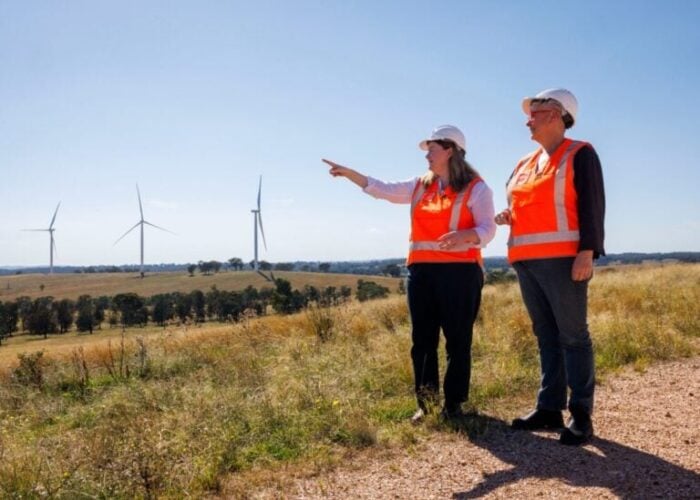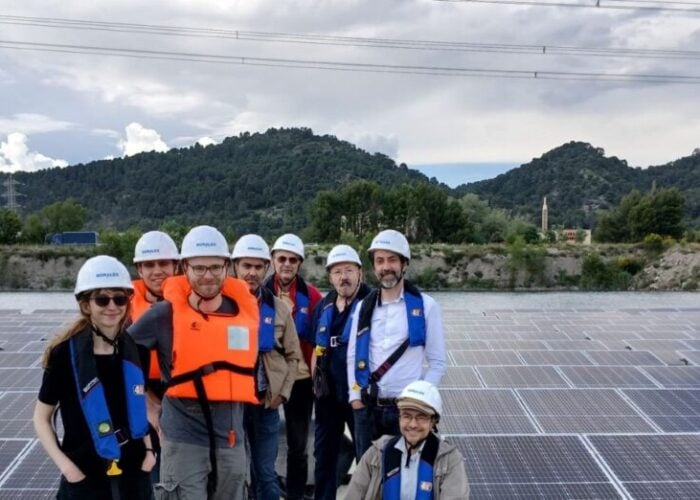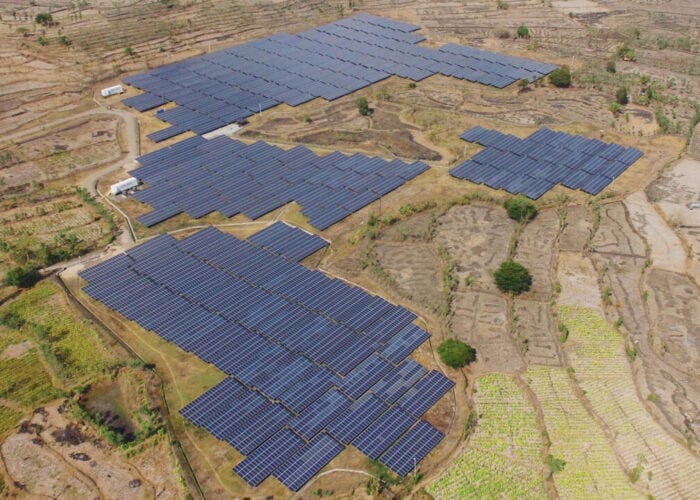A US judge has approved fines and ordered BP to pay compensation for a long list of charges relating to the Deepwater Horizon oil spill of six years ago, amounting to US$18 billion.
Final judgement was signed off by Judge Carl Barbier at the US district court in New Orleans yesterday. The federal government and the administrations of five US states had filed complaints against the oil company, which had ended 2015 with full year losses of US$6.5 billion, a sharp downturn from 2014, when it posted US$3.8 billion in profits.
Unlock unlimited access for 12 whole months of distinctive global analysis
Photovoltaics International is now included.
- Regular insight and analysis of the industry’s biggest developments
- In-depth interviews with the industry’s leading figures
- Unlimited digital access to the PV Tech Power journal catalogue
- Unlimited digital access to the Photovoltaics International journal catalogue
- Access to more than 1,000 technical papers
- Discounts on Solar Media’s portfolio of events, in-person and virtual
Today Jeremy Leggett of Carbon Tracker, a financial group specialising in exposing the risks of investment in high carbon businesses visible to the financial community, said the fine, despite being a record amount, still fell “far short of the total damage wrought”. Leggett, once an oil and gas industry consultant himself, is also chairman of UK-headquartered multi-national solar developer SolarCentury and the charity SolarAid.
The amount dwarfed what BP had made in recent profitable years, Leggett said, “yet falls far short of the total damage wrought.”
“What a business to be in, as the twenty-first-century energy transition accelerates.”
The US$18 billion sum includes a US$5.5 billion fine agreed between the company and the US Department of Justice mainly for violation of the Clean Water Act, as well as nearly US$6 billion payable to local communities and US$8.1 billion in restorative costs for the Gulf of Mexico region.
BP and its then-boss Tony Hayward faced severe criticism for both the crisis and the way it was handled, with Hayward described as an “oil spill pariah” by UK newspaper The Guardian. At a summit event last year, Hayward was reported as having said solar could not handle widespread industrialisation and claimed that it could not replace the roles played by fossil fuels at scale, especially in developing nations, for which he again faced criticism.
Leggett questioned BP’s future under its current business models, which as with several other vertically integrated oil and gas companies have included expansion of downstream operations in recognition of falling profits from the upstream side of the business.
“Do they [BP] seriously mean to drill more wells in deep water? Who is going to invest in them a few years from now, if they carry on with uneconomic projects that bet the company on no repetitions of this spill?”
Leggett told PV Tech that it was “blindingly obvious” that the incident and its aftermath showed the relative competitiveness of renewable energy is growing.
“It almost goes without saying that every time the oil and gas industry suffers another multi-billion dollar hit like this, whether fine or write off, clean energy becomes even more attractive than it is already on its plunging cost curves,” Leggett said.
Who is going to invest in them a few years from now, if they carry on with uneconomic projects that bet the company on no repetitions of this spill?
RWE split to focus on renewables which are ‘paying off more and more’
The news of the punishment comes a few days after European utility RWE’s subsidiary focusing on “renewables, grids and retail” officially launched.
RWE International SE, as the unit will be known for now, appears to belatedly follow rival E.On’s 2014 decision to split in two, with one side continuing to focus on incumbent businesses such as those relating fossil fuels and a new branch focusing on renewables and innovation. RWE said it would come up with a permanent name for the new unit by summer.
It also intends to launch an IPO, predicting US$40 billion in annual revenues for RWE International SE and saying that it will employ around 40,000 workers. The launch of the division was announced at the end of last year, and it officially began operating at the beginning of April.
RWE CEO Peter Terium said in the company’s annual report for 2015 that investment in green energy was paying off.
“What pleases me the most is that our substantial capital expenditure on renewables is paying off more and more,” Terium said, citing that one renewables subsidiary of the company more than doubled its operating income to EUR493 million between 2014 and 2015.
This story has been amended to reflect that Jeremy Leggett is former consultant to the oil and gas industries, not a “former oil and gas executive” as was originally reported.







